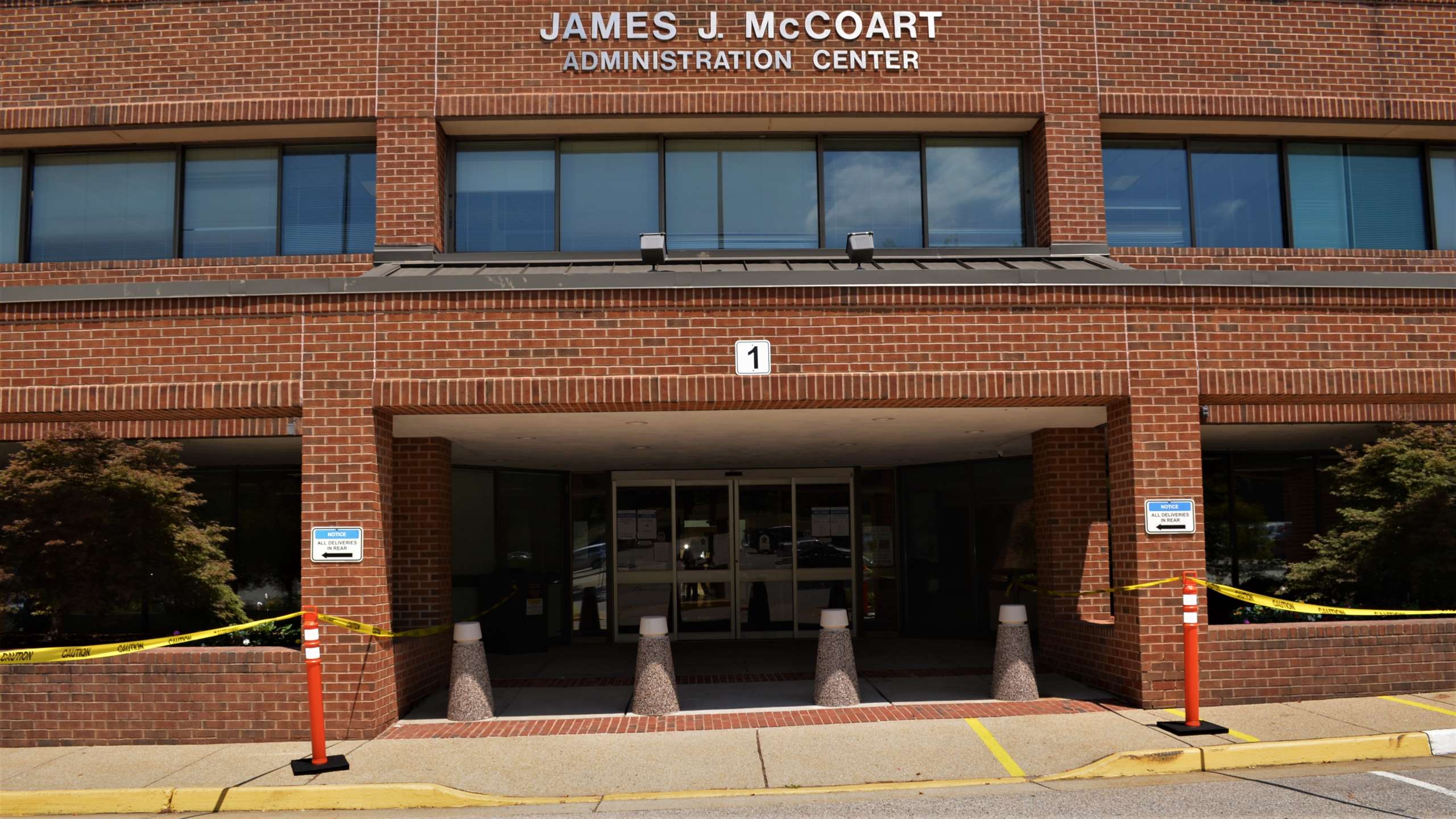Will collective bargaining come to Prince William County?
Collective bargaining has been seen for years as the proverbial brass ring that everyone from educators to social service employees have worked tirelessly to obtain. In March 2020, the Virginia General Assembly approved legislation, repealing the commonwealth’s long-standing prohibition of public-sector collective bargaining that lasted nearly 40 years. Virginia was one of the three remaining states, along with North and South Carolina that blocked public-sector workers from bargaining. What exactly is collective bargaining? It is the process in which working people, through their unions, negotiate contracts with their employers to determine their terms of employment, including pay, benefits, hours, leave, job health and safety policies. Last week, the Richmond School Board voted 8-1 to make the capital the first district in Virginia to approve collective bargaining rights for teachers and staff. Also, Loudoun County supervisors approved collective bargaining for public employees last week. Now, it may finally come to Prince William County during Tuesday’s upcoming Board of County supervisors meeting.
However, there is a catch: the local governing body must first recognize the labor union as a bargaining agent via local ordinance. Although its focus is to foster a positive and cordial relationship between employer and employees, there can be a risk if there’s a lack of representation on either side. Either the business could lose a substantial amount of money from over-compensation, or the employees may not get as much as they deserve.
That stated, the major advantage of collective bargaining is that many Black, Asian and Hispanic workers compose the majority of union membership and would get much needed compensation. According to the Bureau of Labor Statistics, Black workers continued to have a higher union membership rate in 2020 (12.3 percent) than white workers (10.7 percent), Asian workers (8.9 percent) or Hispanic workers (9.8 percent). However, it is more than just about getting better benefits; it’s about providing a voice at the negotiating table.
The PW Perspective spoke with Occoquan District Supervisor Kenny Boddye, who offered the following statement: “It has been proven time and time again that allowing workers to organize bridges workforce disparities based on race, socio-economic status, gender, and more. Giving our first responders, social workers and other county employees a true voice in their salaries, benefits and working conditions results in not only better outcomes for them, but the community they serve. That’s why we need meaningful collective bargaining in Prince William County.”
The full resolution can be read here.



